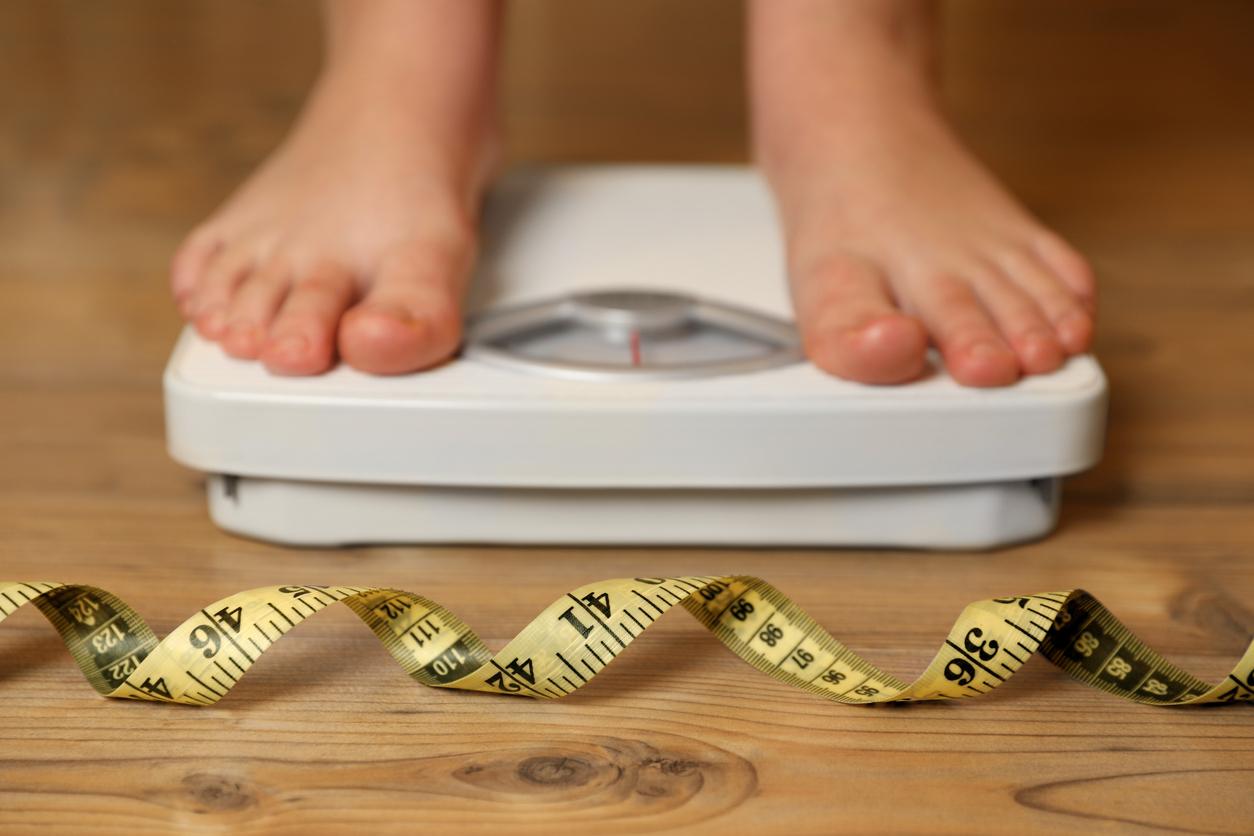“Internalized” weight stigma in adults is often associated with family and societal pressure during adolescence, a study suggests.

- Certain people are, due to their profile and their history, much more at risk of suffering from “internalized” weight stigma, that is to say of applying negative stereotypes linked to obesity to themselves.
- Those most exposed to this self-stigma are firstly those who, as adolescents, felt pressure from the family, with comments and teasing related to weight, but also from the media, to lose pounds.
- Women and “people who do not identify as heterosexual” are also at greater risk, as are “socio-economically disadvantaged” people who have spent the majority of their 20s “without education, employment or training.”
“‘Internalized’ weight stigma is when people apply negative obesity-related stereotypes to themselves, such as thinking that their weight makes them less attractive, less competent or less important as a person. This is a major public health problem. [car] they are more likely to develop mental health or eating disorders, and not seek medical treatment.”
However, according to a new study published in the journal The Lancet Regional Health – Europecertain people are, due to their profile and their history, much more at risk of suffering from this “self-stigma” linked to weight, which adds to the discrimination suffered “trivialized”.
Stronger weight stigmatization among adolescents who have suffered pressure
As part of their work, researchers from the University of Bristol in the United Kingdom analyzed data from a large survey called “Children of the 90s“. Through questionnaires, this collected the differences in internalized weight stigmatization among more than 4,000 people aged 31, depending on gender, ethnic origin, socioeconomic factors, orientation sexual, family and social influences in childhood and adolescence.
Result, it appears that the participants most exposed to this internalized stigmatization are firstly those who, during adolescence, felt pressure from the family, with comments and teasing related to weight, but also from from the media, to lose weight. And this, regardless of “body mass index differences” between people, the scientists specify in a communicated. Bullying in adolescence (age 17) and adulthood (age 23) was also independently associated with greater internalized weight stigma.

Weight: the more socio-economically disadvantaged we are, the more we self-stigma
The people singled out during adolescence are not the only ones quick to self-flagellate. The study reveals that women and “people who do not identify as heterosexual” are also at increased risk of internalized weight stigma, just like people “socio-economically disadvantaged” who spent the majority of their twenties “without education, employment or training”, or whose mothers had “few educational qualifications”.
He becomes “crucial to reduce weight stigma and its consequences by changing the way we talk about weight in the media, in public spaces and in families, and the way we respond to bullying in schools, places of work and in other contexts”conclude the researchers, who now predict “to explore in detail the psychological processes by which these social factors can influence this internalized weight stigma”.















